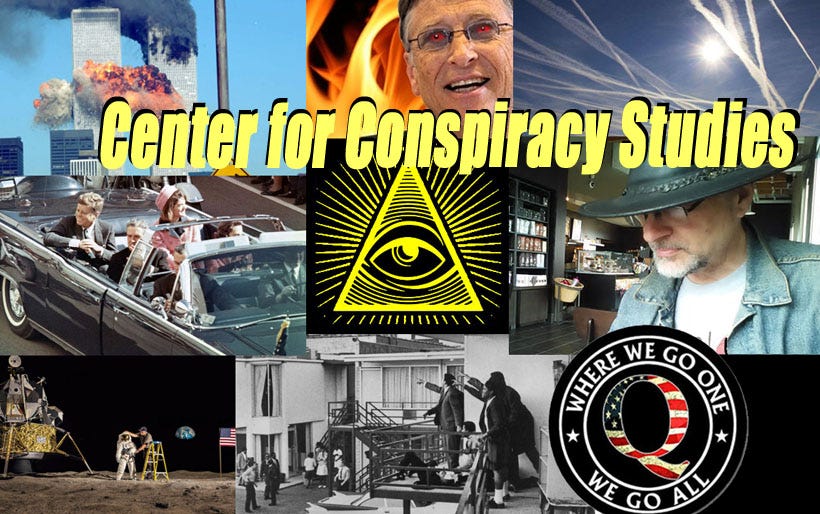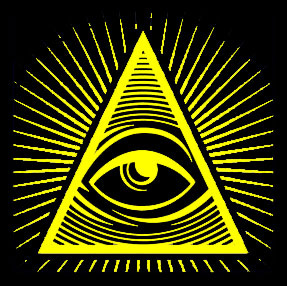Journalism is only as good as the reporter’s sources. Articles in newspapers or on websites are not evidence in a court of law – they are stories, based on what sources are saying.
In an infosphere increasingly dominated by second-hand social media, it’s crucial to look for credible first-hand sources.
War reporting is always difficult. War zones are dangerous and chaotic. Governments and their armies want to control the narrative for their own political purposes.
As veteran war correspondent-turned-war critic Chris Hedges has pointed out: “The fact is that in every war I've covered, the number of people who are actually willing to go out is small – ten, twenty percent, maybe. Most people want to play war correspondent. They want to sit in the hotel.”
A recent example (and there are many) of how hard it is to find first-hand sources outside the press briefing room is the bombing inside Russia near the town of Belgorod, just 25 miles north of the Ukrainian border. Remember – Russia claimed Ukrainian helicopters shelled the place and Ukrainian officials denied it?
In the first place, the explosions that rocked a Russian fuel depot on April 1 were easily conflated with the March 29 explosions at a military facility, also in Belgorod. The earlier explosions were immediately touted as a Ukrainian missile strike.
Ukrainian journalist Yury Butusov posted that his government had fired Tochka-U missiles at an “ammunition warehouse.” Russia claimed the Ukrainians hit a “small military training camp,” while Occupy Democrats, an admittedly partisan, second-hand source, posted it was a “key military weapons storage depot” – according to a Newsweek report that cited several sources, both Ukrainian and Russian – mostly government.
Occupy Democrats got at least 10,300 retweets, but Ukraine denied it had launched any missiles. Ukraine also denied Moscow’s claim that two Ukrainian helicopters shelled a fuel depot in Belgorod – at least, according to Oleksiy Danilov, secretary of Ukraine’s national security council. The denial came on Ukrainian television, AP reported on April 1, followed hours later by President Zelensky stating on Fox News he could neither confirm nor deny he ordered the attack.
As of today, I could find no one in the English-speaking world independently verifying what happened in Belgorod on either March 29 or April 1. Yet the memes and unsourced speculation continue…
Biden laptop vouched, U.S. spies called to explain
It’s hard enough to identify a Russian disinformation campaign without U.S. intelligence muddying the waters by faking a Russian disinformation campaign. Or were 51 intelligence officers (including former CIA directors John Brennan, Leon Panetta and Michael Hayden) just wrong when they assured the media last October that the discovery of potentially damaging emails on a laptop purportedly belonging to Hunter Biden had “all the classic earmarks of a Russian information operation”?
That’s what House Judiciary Committee Republicans want to know now that the New York Times and Washington Post have vouched for the veracity of the mysterious laptop data. A federal grand jury is investigating Biden’s taxes and foreign lobbying, as well as alleged money laundering.
Courts move to keep 9/11 secrets secret
After 20-some years in prison at Guantánamo Bay, Cuba, alleged 9/11 mastermind Khalid Shaikh Mohammed and four co-defendants might be given a plea deal – plead guilty to terrorism, avoid the death penalty, spend the rest of their lives at Guantánamo Bay. This will do wonders for burying any public trials, evidence and witness statements.
In a related matter, the U.S. Supreme Court ruled in March that the government can apply state secrets doctrine to matters already publicly known – like the torture at CIA hands of Abu Zubaydah. Following his 2002 capture in Pakistan, Abu Zubaydah was rendered at several CIA black sites, waterboarded at least 83 times, deemed unimportant but never charged with a crime or released.
Former CIA agent John Kiriakou – who spent 30 months in prison himself for whistleblowing about the agency's rendition practices – was one of the first CIA agents to interrogate Abu Zubaydah in Pakistan.
“He was terrified, having realized that he had been captured by Americans,” Kiriakou wrote in March. “He started to cry and said, ‘Kill me, brother. Take the pillow and kill me.’ ”
According to Gerald Posner – author of the decidedly non-conspiratorial books Case Closed: Lee Harvey Oswald and the Assassination of JFK and Killing the Dream: James Earl Ray and the Assassination of Martin Luther King, Jr – Abu Zubaydah was transferred to Afghanistan where the CIA had set up a mock Saudi jail. When Abu Zubaydah saw who he thought were Saudi interrogators, he lit up.
"Great, you guys. Let me give you a telephone number, a cell phone number. Call this up and they'll tell you what to do,” Posner characterized the detainee’s response.
Abu Zubaydah proceeded to implicate Prince Ahmed bin Salman and two other Saudi princes (including the former head of Saudi intelligence) as conduits of Saudi support for al-Qaeda and the 9/11 plot.
The CIA destroyed videotapes of Abu Zubaydah interrogations in 2005.
MORE: 9/11’s Unanswered Questions
Let’s Talk!
Steven Saint Thomas leads discussion groups and classes in journalistic inquiry for Cal-Poly Humboldt’s OLLI extension. Here are some upcoming classes.
If you are not an OLLI member or cannot attend one of these, we’re scheduling other classes for Truthsmack subscribers - Click here to find out how to join in!











